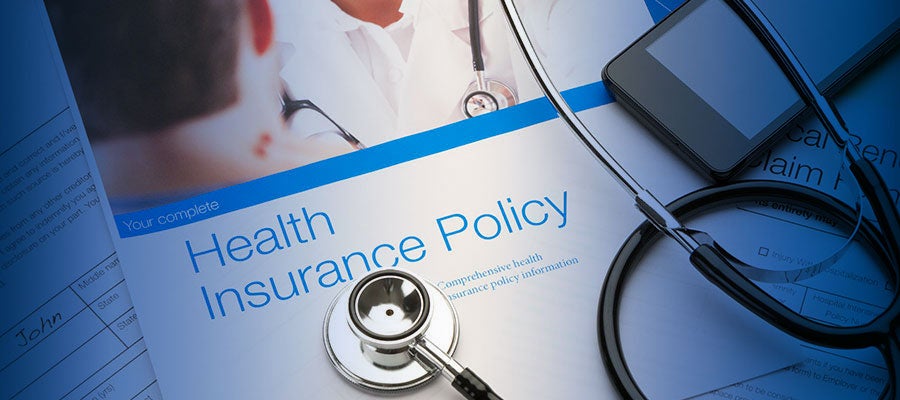
The Infectious Diseases Clinical Research Consortium has begun enrolling up to 1,000 pregnant and postpartum individuals who have or will receive COVID-19 vaccine in a study to assess vaccine safety, immune response and transfer of antibodies to their infants, the National Institutes of Health announced.






